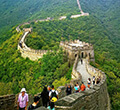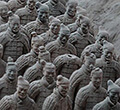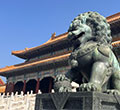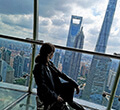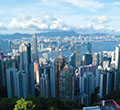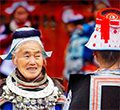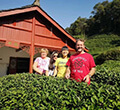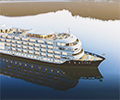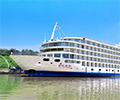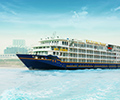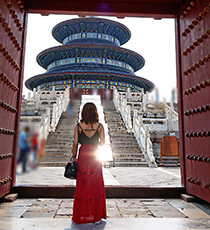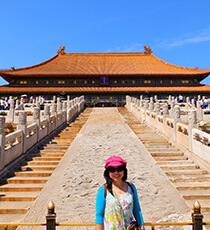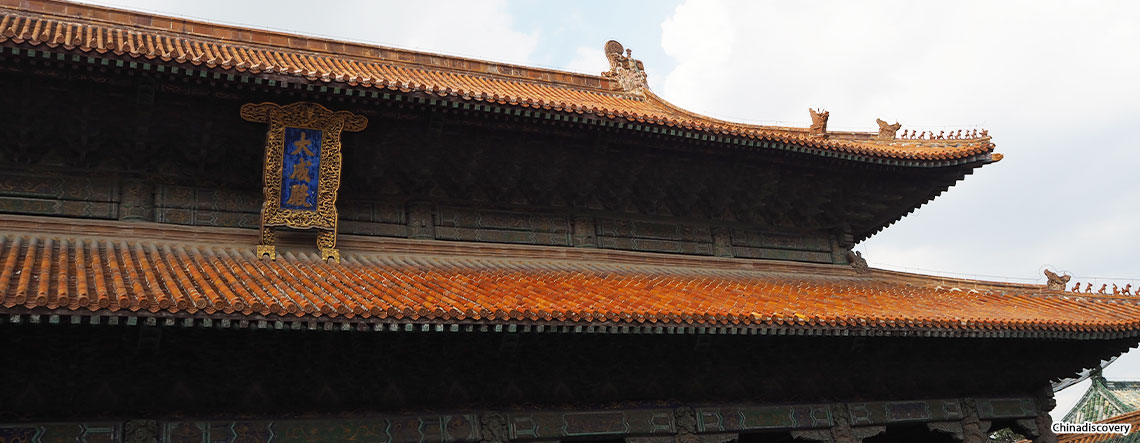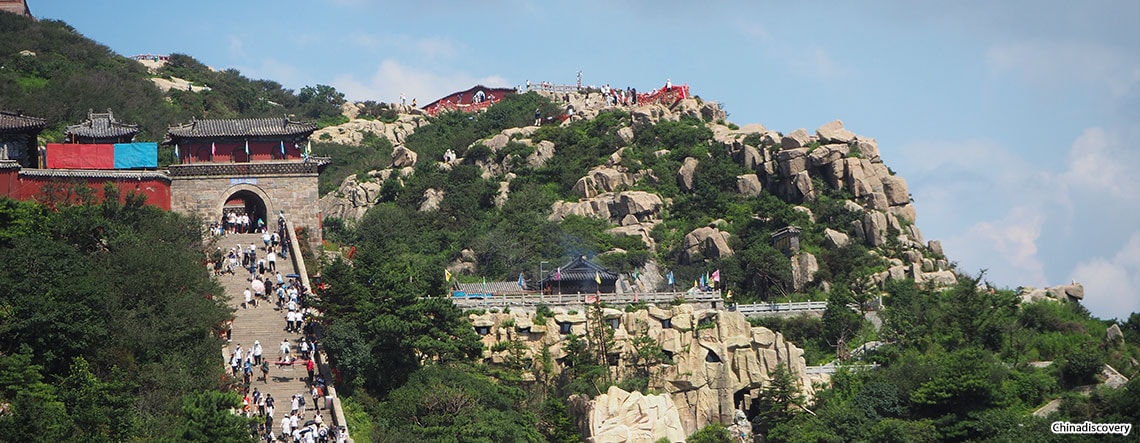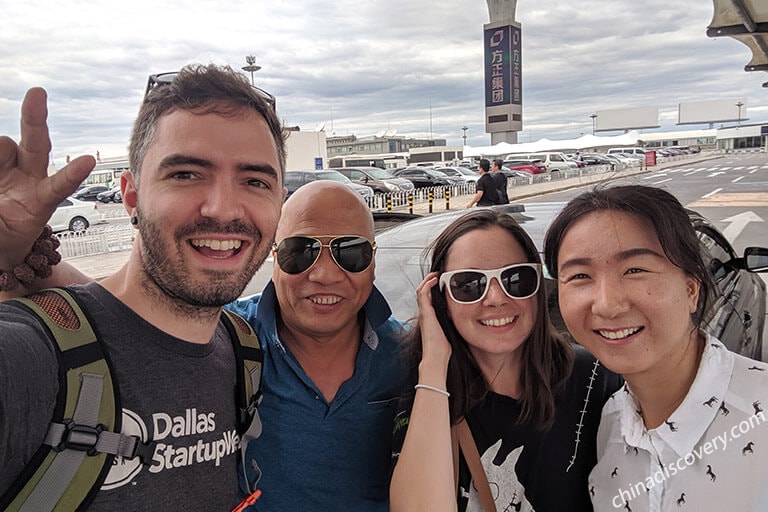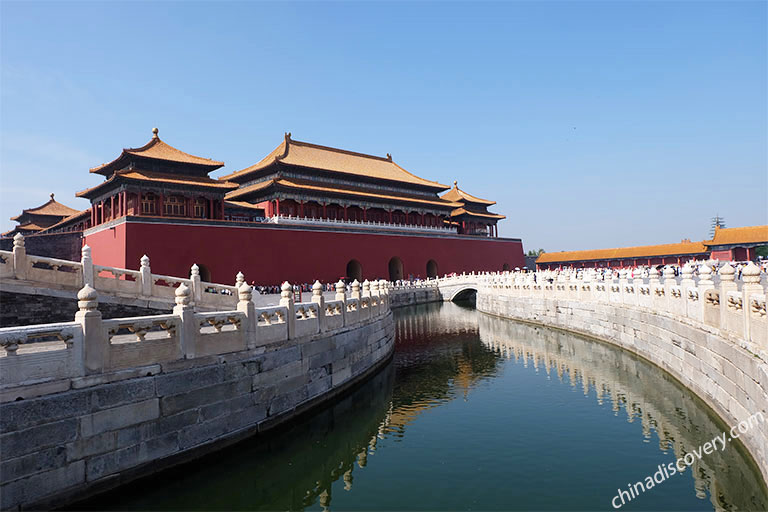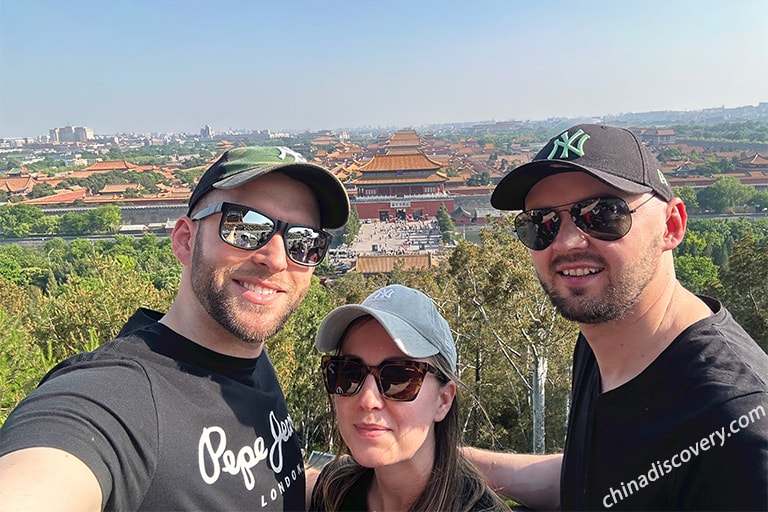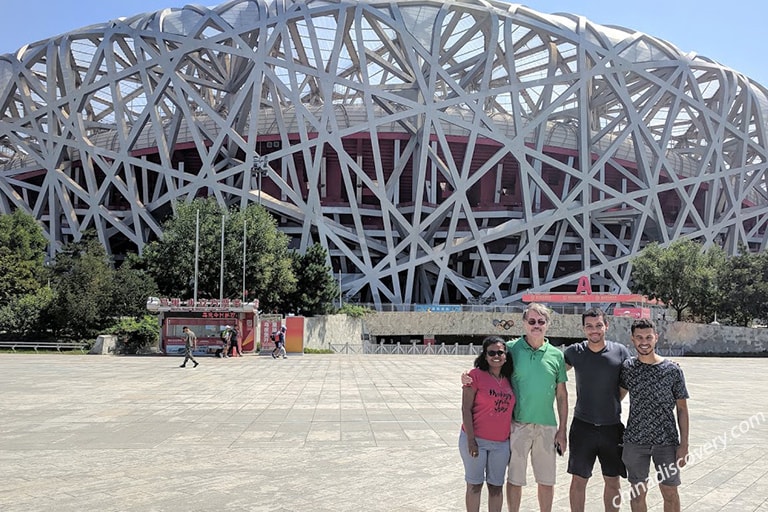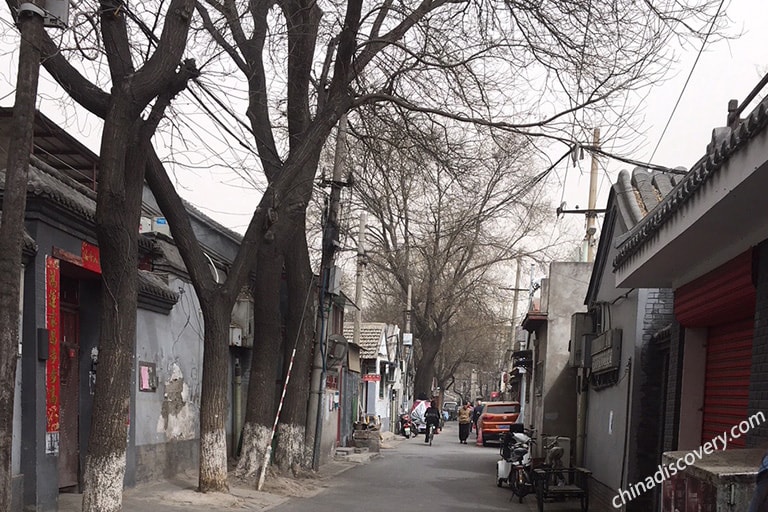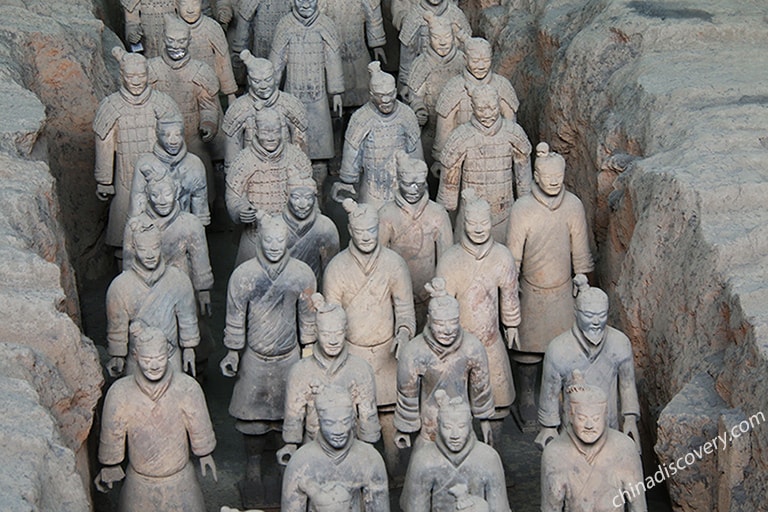Visa Notice for Traveling to China
2025/2026 China Tour Visa-friendly Policies:
1. China has launched a 30 Days Visa-free Policy for 40+ eligible countries, including several European nations — Andorra, Austria, Belgium, Bulgaria, Croatia, Cyprus, Denmark, Estonia, Finland, France, Germany, Greece, Hungary, Iceland, Ireland, Italy, Latvia, Liechtenstein, Luxembourg, Malta, Monaco, Montenegro, the Netherlands, North Macedonia, Norway, Poland, Portugal, Romania, Slovakia, Slovenia, Spain, and Switzerland. In Oceania, Australia and New Zealand are listed, while in Asia, South Korea, Japan, Saudi Arabia, Oman, Kuwait and Bahrain are included. Read more »
2. 10 days visa free (transit) for 55 eligible countries include the US, UK, Canada, Indonesia, Brazil, etc. Eligible travelers can now travel across provinces, for example traveling from Beijing to Xian, then to Shanghai. Mohan Railway Port at China-Laos border can be used to enter/leave Yunnan. Hong Kong High-speed Rail West Kowloon Station has been added to Guangdong Province 144-hour transit visa-free. Read more »
3. As of now, China has established full visa exemption agreements with 25+ countries, including Asian countries: Thailand, Singapore, Maldives, Kazakhstan, the UAE, Qatar, Armenia, Georgia, Brunei, Malaysia; European countries: Albania, Belarus, Bosnia and Herzegovina, Serbia, San Marino; African countries: Mauritius, Seychelles; Oceania countries: Fiji, Tonga, Solomon Islands; North American countries: Antigua and Barbuda, Barbados, Dominica, Ecuador, Grenada, Bahamas; South American country: Suriname.
4. Booking of flights and hotels, China itineraries and invitation letters are not required for application of Chinese Tourist Visa for U.S.nationals.
5. Appointment is not required for visa application in many embassies and consulates.
Practical Info about Traveling with Us
Restaurant & Food
Vegetarian food Requirement
Vegetarian food in Chinese cuisine culture is usually divided into 3 categories: the Monastery
Vegetarian
Food, the Court Vegetarian Food and the Folk Vegetarian Food. And the main ingredients are:
soybean,
taro powder, mushrooms, fresh vegetables and tofu (bean curd). It will be easier to find the
vegetarian
restaurants in big cities of china, such as: Beijing, Shanghai, Xian, HK, etc.
If allergic to some food
We suggest you to list any food or ingredients that you are allergic to and let our travel
consultant
know. Then your travel consultant will mark them in the guide’s itinerary, so that our guides
in
different cities can make some preparations and arrangements in advance.
Do our guide and driver join the meal with us?
The tour guides and driver will be at the same restaurants with you, but they will only join the
meal
when you invite. Sometimes the drivers are shy to join as they usually eat fast and could not
understand
English talk around the table, so the guide will be with you more often.
Will we be able to try some local foods during our visit?
Yes, you will. There will be some meals excluded in your itinerary as you like, and your private
guide
will be delighted to give you some suggestions and take you to the local restaurants, if you
are
interested in local food tasting. But remember, some local snacks may not match your stomach,
so
ask your guided for more information before eating.
Shopping
What to buy in China?
In China, there are myriads of souvenirs for visitors, and each city has its own specialty.
How to bargain?
Bargains are not acceptable in big supermarkets and department stores. But in some night markets
or tourist
shops, you can bargain for a lower price, since the vendors always ask for very high price for
a
certain item. You’d better ask the opinion of the guide first, and then the guide will tell you
the
real value and quality of the item. Please note that when the bargain is processing, the guide
will
be hesitate to help as it may annoy the bosses. Just try to let the guides know you will
bargain
in advance.
What to do with persistent vendors?
If you do not need something from them, just do not ask for price. Some of the venders are very
persisted,
and if they keep selling things to you, you can simply say “No, thanks.” (Chinese
pronunciation:
”Bu, XieXie”). If they do not give up, you just keep silence. Silence is sometimes useful to
handle
this situation.
Private tour features
- 1. Private guide, driver and vehicle are for your exclusive use; no matter you are
individually,
or in a family or friends group. The tour is run exclusively for you without strangers.
- 2. Every itinerary can be customized to meet your specific interests/ wishes, that is, you
can choose
your favored hotels, sightseeing spots, the tour length, means of transportation, budget,
etc.
All are free of charge.
- 3. Start the tour on any date you want.
- 4. Escort you through the whole tour. All private transfers during the tour are offered,
including
airport/train station transfer, hotel-attractions round trip transfer.
- 5. The sightseeing during the tour could be based on your own timetable and pace. Flexible
to change
at your short notice.
- 6. Ideal for people who need considerate care and assistance, such as elderly, the
disabled, families
with small children.
Emergency calls
Call your guide, or if you can’t find your guide, call your travel consultant or our office
immediately.
All the phone numbers include in our confirmation letter. Keep the letter with your during your
trip.
